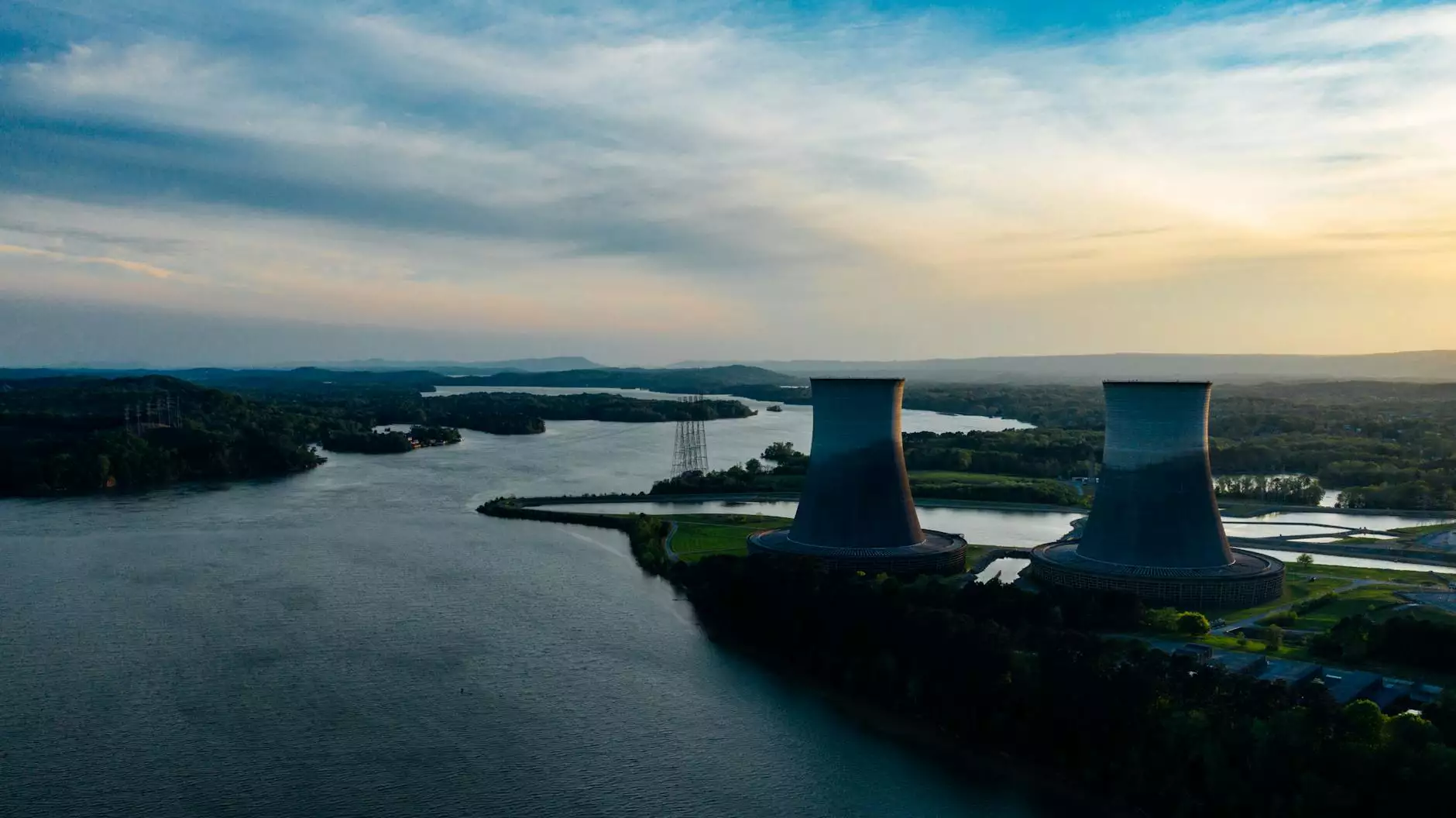The Downsides of Nuclear Energy

Nuclear energy has long been regarded as a controversial topic due to its potential benefits and risks. While nuclear power plants offer a source of clean energy that can help reduce greenhouse gas emissions, there are significant downsides that need to be thoroughly examined.
Radiation Exposure
One of the primary concerns associated with nuclear energy is the risk of radiation exposure. Radiation emitted from nuclear power plants can have detrimental effects on human health and the environment. Accidental exposure to high levels of radiation can lead to severe health issues, including cancer and genetic mutations.
Reactor Meltdowns
The specter of reactor meltdowns haunts the nuclear energy industry, with events like the Chernobyl and Fukushima disasters serving as potent reminders of the catastrophic consequences of such incidents. A meltdown can release large amounts of radioactive materials into the atmosphere, causing widespread contamination and long-term environmental damage.
Radioactive Waste Disposal
One of the most challenging aspects of nuclear energy is the disposal of radioactive waste. This waste remains hazardous for thousands of years, necessitating secure storage facilities that can withstand the test of time. Improper handling of radioactive waste can pose serious threats to public health and the ecosystem.
Environmental Impact
Nuclear power plants have a significant environmental footprint despite being considered a clean energy source. The process of uranium mining, construction of nuclear facilities, and transportation of radioactive materials all contribute to pollution and degradation of land and water resources.
Economic Viability
Building and maintaining nuclear reactors require substantial financial investments that often surpass initial estimates. The high costs of nuclear energy projects can burden taxpayers and consumers, leading to questions about the overall economic viability of nuclear power as a sustainable energy option.
Security Risks
Nuclear power plants are potential targets for terrorism and sabotage, posing security risks that can have catastrophic consequences if not managed effectively. Safeguarding nuclear facilities against external threats remains a crucial challenge for governments and industry stakeholders.
Conclusion
While nuclear energy offers certain advantages in terms of energy production and environmental impact, it is essential to recognize and address the downsides associated with this technology. Radiation exposure, reactor meltdowns, radioactive waste disposal, environmental impact, economic viability, and security risks are all significant factors that need to be carefully evaluated when considering the role of nuclear energy in our energy future.
It is vital for policymakers, industry leaders, and the general public to engage in informed discussions about nuclear energy, weighing the benefits against the potential risks to make sustainable decisions that prioritize safety, environmental protection, and long-term energy security.
downsides of nuclear energy








